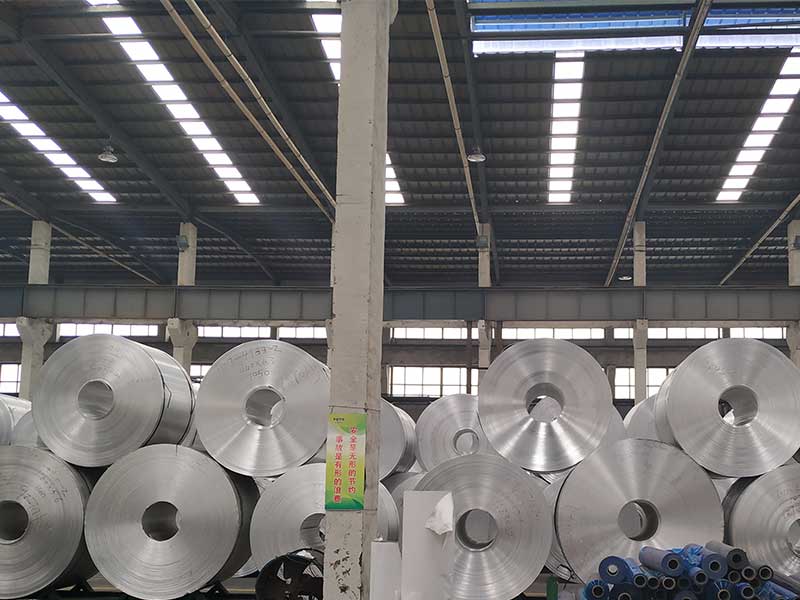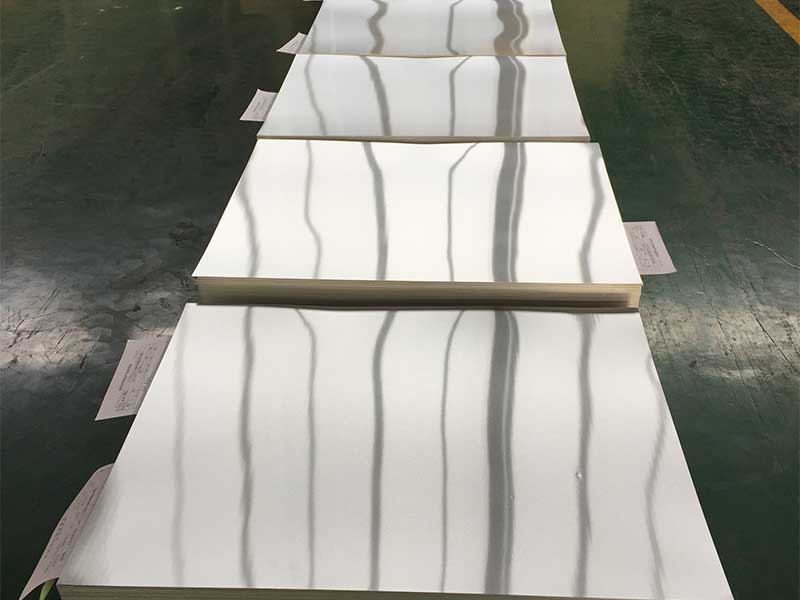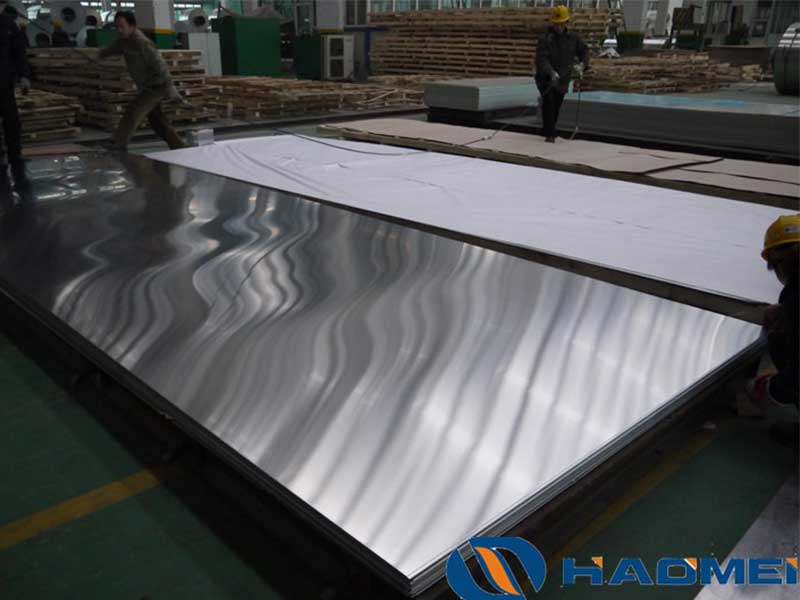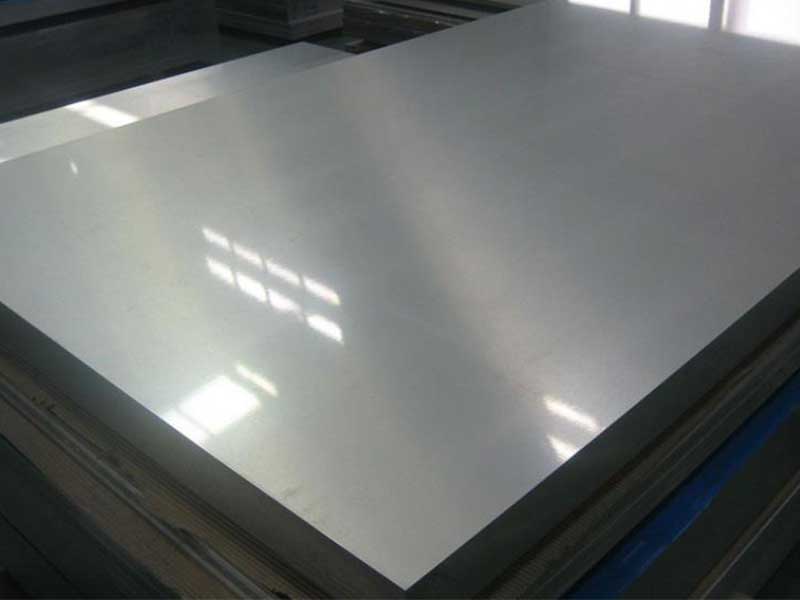Aluminum alloys come in various forms, each having unique properties tailored for specific applications. One such continuous favorite in different industries is 1100 H14 aluminum. Known for its excellent workability, corrosion resistance, and good thermal conductivity, 1100 H14 aluminum continues to solidify its position as a go-to material in many sectors.
Features of 1100 H14 Aluminum
-
High Corrosion Resistance: One of the most notable features of 1100 H14 aluminum is its exceptional resistance to corrosion. This quality makes it particularly valuable in harsh environments where moisture and chemicals are prevalent, ensuring longevity and durability in applications ranging from rooftops to kitchen cookware.
-
Good Formability: The H14 temper signifies that this alloy is strain-hardened and partially annealed, resulting in a material that’s strong enough for adverse conditions yet easily formed. The capability to be sheared, drawn, or stamped without losing functionality makes 1100 H14 incredibly versatile in many industrial processes.
-
Thermal and Electrical Conductivity: 1100 H14 exhibits excellent thermal and electrical conductivity, making it an ideal choice for electrical applications. This character adds appeal which contractors frequently look for, especially when they require materials that excel at transferring heat efficiently.
-
Lightweight: While providing admirable strength, 1100 H14 aluminum continues to be one of the lighter aluminum variants, making it preferable for applications where weight is a factor—such as automotive and aerospace components.
-
High Reflectivity: The bright finish that can be achieved with 1100 H14 also offers great light reflectivity. This feature promotes its use in certain decorative applications requiring both aesthetic appeal and functionality.
Applications of 1100 H14 Aluminum
The features mentioned above lead to numerous applications across various sectors, highlighting the adaptability of 1100 H14 aluminum:
-
Food and Beverage Industry: The alloy's alignment with FDA standards makes it an excellent candidate for the food and beverage industry. It is commonly used in packaging, such as aluminum foil and cans, as it maintains the integrity and safety of consumables while resisting corrosion from moisture.
-
Atmospheric Exposure Settings: Given its natural protective oxide layer, 1100 H14 aluminum is commonly used in roofing systems, siding panels, and gutters. Its corrosion resistance ensures reliable outdoor performance, even in corrosive environments.
-
Shrimp and Heat Exchangers: The thermal conductivity of 1100 H14 aluminum is optimal for heat exchangers and critical car components like radiators. These industries utilize the incredible nature of 1100 H14 to manage heat within systems efficiently.
-
Chemical and Petroleum Industries: Alloys like 1100 H14 are predominantly used in numerous chemical practices due to their corrosion resistance. Tanks, pipes, and fittings frequently incorporate this aluminum, ensuring safety and functionality in blasting hot or corrosive materials.
-
Automotive Displays and Heatsinks: This alloy regionallys features persist in electronic applications, particularly components like heatsinks and automotive components, where electrical conductivity is a must to maintain performance.









